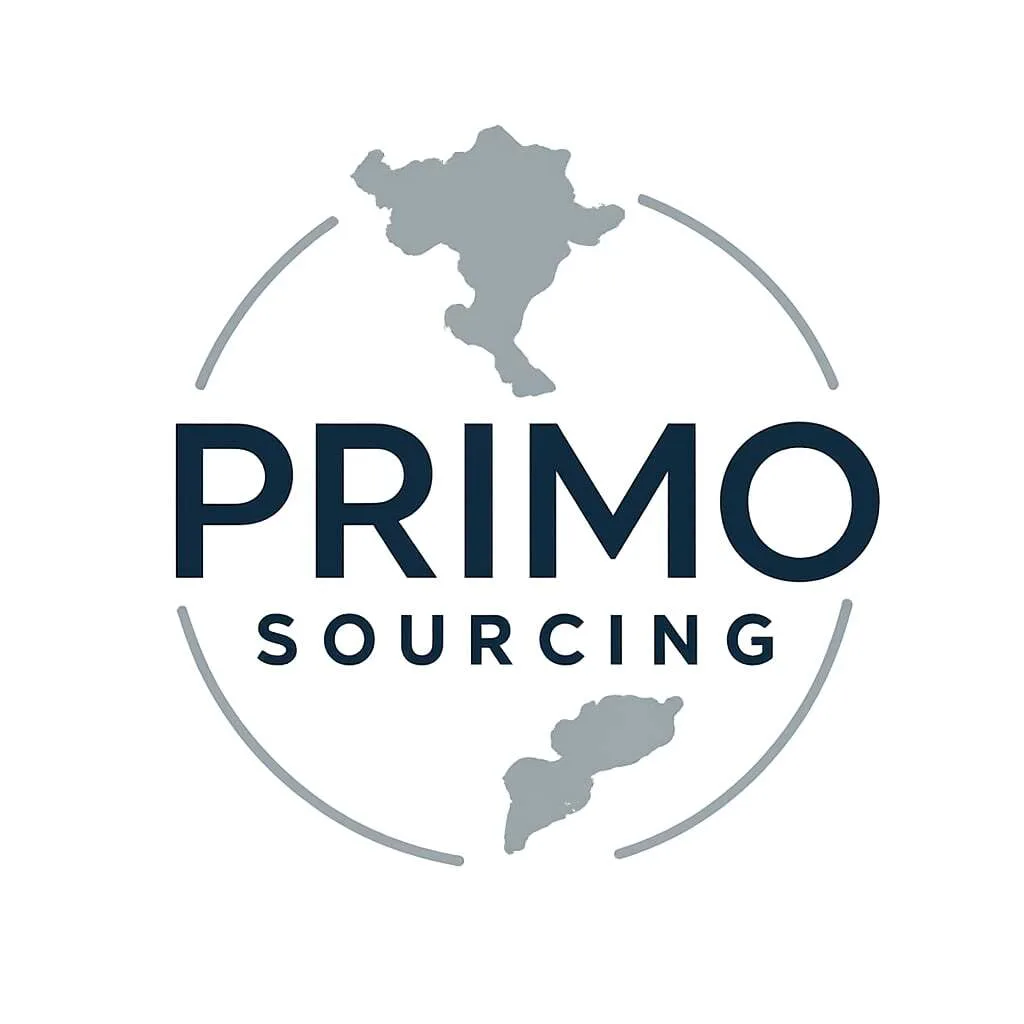Your manufacturing partner defines your brand’s destiny. In the volatile landscape of global sourcing, rushing the supplier vetting process is the single greatest risk a business can take. The consequence of partnering with the wrong factory—whether a non-compliant workshop or a fraudulent trading company—ranges from catastrophic quality failures to total brand collapse.
At PRIMO Sourcing, we’ve formalized a rigorous, multi-layered process that goes beyond simple due diligence. This 9-step blueprint is the only way to transform uncertainty into a reliable, high-performing supply chain.
Phase 1: Defining Requirements and Initial Screening
This phase ensures you’re not wasting time on suppliers who cannot meet your basic technical or business needs.
Step 1: Clarify Your Non-Negotiables
Before contacting anyone, you must establish crystal-clear internal requirements.
- Product Specifications: Document materials, tolerances, functional needs, and aesthetic expectations. Ambiguity here guarantees defects later.
- Compliance & Regulatory Mandates: Identify all market-specific certifications required (e.g., CE, FDA, REACH, RoHS). Compliance failure is non-negotiable.
- Business Requirements: Define your absolute limits for Minimum Order Quantities (MOQ), target cost range, lead times, and required IP protection.
Step 2: Intelligent Sourcing and Shortlisting
Move beyond generic B2B platforms. Use industry-specific trade shows and trusted sourcing agents to find pre-vetted candidates.
- Initial Audit: Shortlist candidates based on minimum 3+ years in business, a proven portfolio of similar products, and professional documentation.
- Communication Audit: Send a standardized request for quote (RFQ). Evaluate responses based on timeliness (ideally <48 hours), professionalism, and their ability to address specific technical questions—a strong indicator of future project management quality.
Step 3: Verify Legitimacy (The Anti-Fraud Check)
Fraudulent trading companies pose as factories. This step secures your deposit.
- Document Check: Demand current business licenses, tax IDs, ownership details, and factory registration documents.
- Cross-Verification: Use local government databases (e.g., Vietnam’s General Department of Taxation) or professional verification services to confirm the factory’s physical address and ownership structure. Geolocation verification is essential to prevent partnering with companies listing residential buildings as production sites.
Phase 2: Auditing Capabilities and Quality Control
This phase moves beyond documentation to verify a supplier’s operational reality and quality commitment.
Step 4: Certifications and Compliance Verification
Don’t just collect certificates; verify their scope and authenticity.
- Quality & Environmental: Check validity and scope of ISO 9001 (Quality Management) and ISO 14001 (Environmental Management).
- Social Compliance: Insist on active BSCI, SA8000, or WRAP reports to verify ethical labor and workplace standards. Always verify the authenticity with the issuing body, as certificate forgery is a constant risk.
Step 5: Production Capability Alignment
Verify that the factory is capable of manufacturing your specific product at the required production capacity.
- Equipment & Capacity: Request detailed equipment lists and current capacity utilization data. A factory excelling at soft goods may fail entirely at precision-engineered items.
- Quality Control (QC) Infrastructure: Demand documentation of their in-house QC procedures. Look for sophisticated testing equipment and defined checkpoints—not just reliance on basic visual inspection.
Step 6: The Sample Evaluation Rigor
Never commit to a mass order without approving multiple sample iterations.
- The Ultimate Test: Request a custom sample based on your finalized specifications. The speed and precision of the sample turnaround time reflect their internal efficiency.
- Iteration Check: Demand at least two samples, noting all differences. A supplier’s ability to accurately implement requested modifications reveals their true quality consistency and dedication to standards.
Phase 3: Finalizing Agreements and Ongoing Management
The final steps lock in protection and establish a strategy for long-term control.
Step 7: Professional Factory Audit (On-Site Verification)
There is no substitute for an on-the-ground inspection.
- Physical Inspection: Whether you visit or hire a local PRIMO expert, conduct a structured audit. Inspect cleanliness, safety conditions, and the organization of the workforce and inventory.
- Production Line Observation: Observe the QC checkpoints, testing procedures, and capacity utilization on active lines. Note if the workforce skill level aligns with the complexity of your product.
Step 8: Comprehensive Manufacturing Agreement
Protect your interests with a bilingual contract reviewed by legal counsel experienced in the supplier’s local jurisdiction.
- Commercial Terms: Detail pricing, milestone payment structures, shipping terms, and warranty provisions.
- Protection Clauses: Include explicit Intellectual Property (IP) protection safeguards, penalty clauses for delays, and clear, measurable quality assurance specifications and defect remediation processes.
Step 9: Ongoing Supplier Management
Supplier vetting is not a one-time event; it is an ongoing process.
- Continuous Monitoring: Implement regular Quality Checks throughout production runs. Track key performance indicators (KPIs) like on-time delivery and defect rates.
- Relationship Investment: Maintain strong ties through regular, culturally sensitive communication and periodic factory visits. The best manufacturing partnerships are built on mutual respect and shared strategy.
The PRIMO Advantage: Your Partner in Supplier Vetting
Thorough vetting requires a significant investment of time, resources, and local expertise—often 50 to 80 hours per supplier. For most businesses, this cost outweighs the benefit of attempting the process alone.
PRIMO Sourcing provides immediate access to pre-vetted networks, local audit teams, and bilingual contract support across Asia. We eliminate guesswork, reduce risk, and secure a competitive advantage by ensuring you partner only with reliable, compliant factories.
Invest in the right partner, not just the cheapest one.
Contact PRIMO Sourcing Today at Kelly@primovn.com to secure a vetted, high-quality supply chain.

